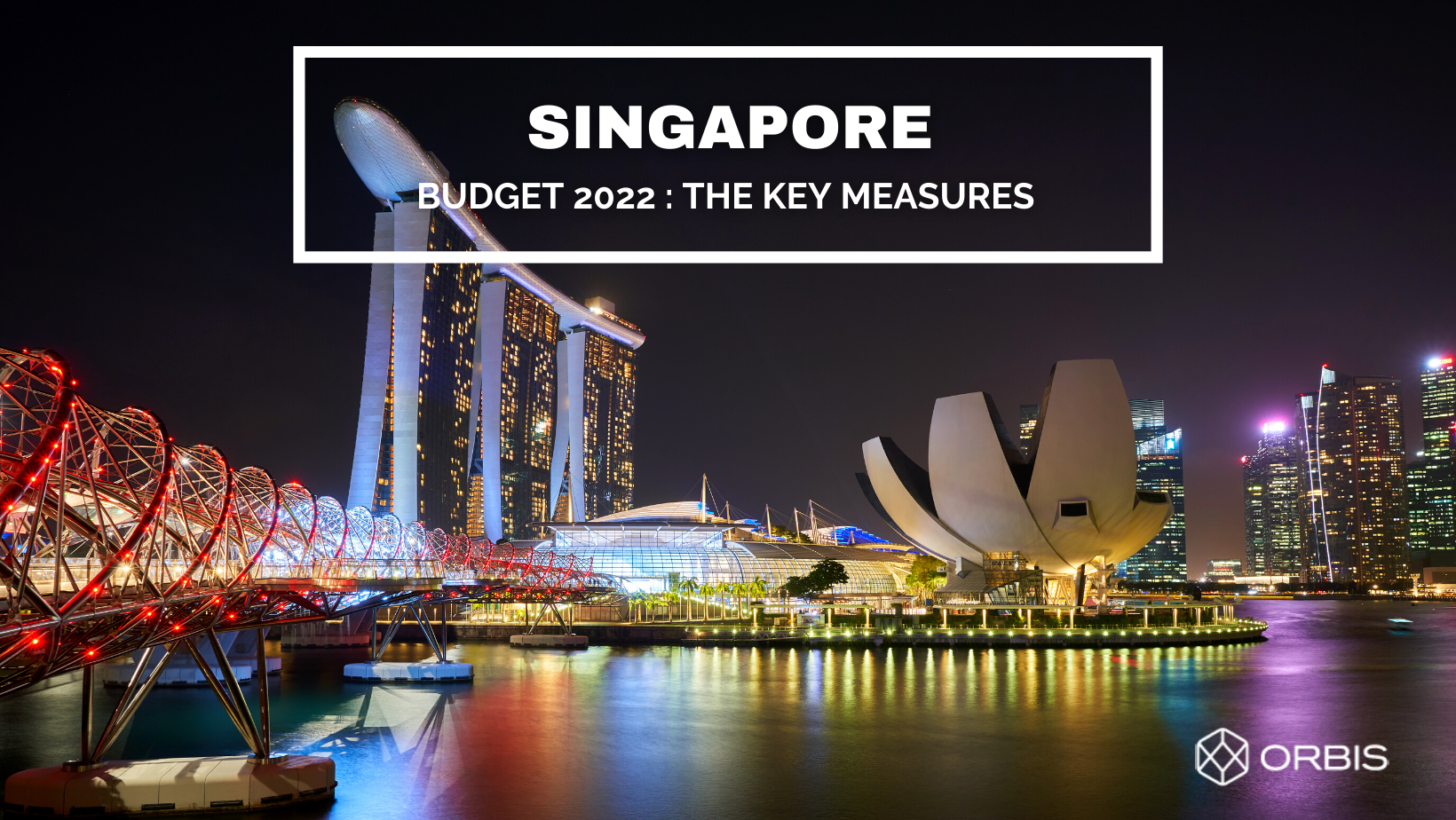Finance Minister Lawrence Wong unveiled his Budget Statement for the Financial Year 2022 on February 18, 2022, that seeks to support sectors facing difficulties, to encourage local hires and to rebuild Singapore’s finances by raising taxes on consumption. We have summarised five key details that business owners need to know.
1) SMEs to receive up to SG$10,000 as part of the Small Business Recovery Grant
As part of the SG$500 million Jobs and Business Support package, small-and-medium-sized enterprises (SMEs) affected most by COVID-19 will receive a payout of $1,000 per local employee up to a cap of $10,000 per company as part of a Small Business Recovery Grant.
Furthermore, for SMEs that do not hire local employees such as local sole proprietors will receive a one-off SG$1,000 grant.
2) Higher salary threshold for Employment Pass & S-Pass Holders
The framework for both the Employment Pass (EP) and Special (S) holders will be updated from September this year. The minimum qualifying salary for new EP applicants will increase from SG$4,500 to SG$5,000 while the minimum salaries for EP applicants in the financial services sector will be increased to SG$5,500.
For S-Pass applicants the new minimum qualifying salary will be raised from the current SG$2,500 to SG$3,000. Whereas, for S-pass applicants in the financial services sectors, the qualifying salary will increase to SG$3,500.
3) Lower dependency ratio for Work Permit Holders
The work permit policies in some sectors will be adjusted. The dependency ratio ceiling (DRC) which is the maximum permitted ratio of foreign workers to the total workforce that a company in the stipulated sector is allowed to hire, will be reduced from 1:7 to 1:5.
4) Progressive Wage Model extended to more sectors and occupations
Over the next two years, the progressive wage model will be extended to the retail, food services, and waste management sectors. Companies employing foreign workers will be required to pay all their local employees at least the Local Qualifying Salary, which is currently set at SG$1,400 per month.
A Progressive Wage Mark will be launched to accredit firms that pay progressive wages and local qualifying salary. The government will require all its eligible suppliers to be accredited with the Progressive Wage Mark when they contract with it from March 2023.
5) Higher GST rate from 2023
The goods and services tax (GST) rate will increase from 7 to 9 per cent in two stages: the GST rate will be raised to 8% first in January 2023 before increasing again to 9% from January 1, 2024.
If you seek legal, tax or HR assistance in Singapore, please do not hesitate to leave your enquiry at contact@orbis-alliance.com. We will get back to you very shortly.

 Français
Français
 English
English  Español
Español 